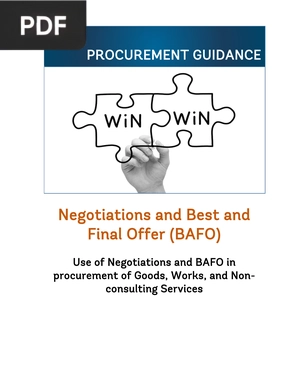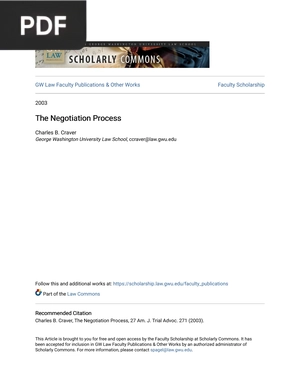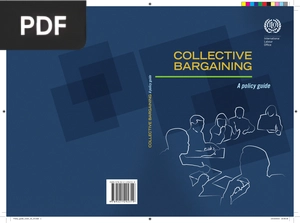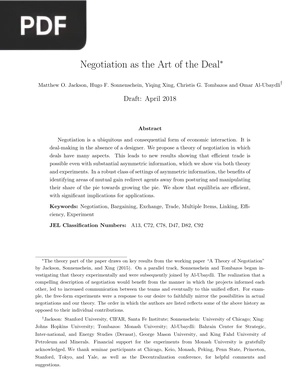Handbook on Persuasion Skills
Author: Centre for Good Governance
*Please wait a few seconds for the document to load; the time may vary depending on your internet connection. If you prefer, you can download the file by clicking the link below.
Loading PDF...
Document Details
Title: Handbook on Persuasion Skills
Author: Centre for Good Governance
Pages: 59
Size: 0.12 MB
Format: PDF




